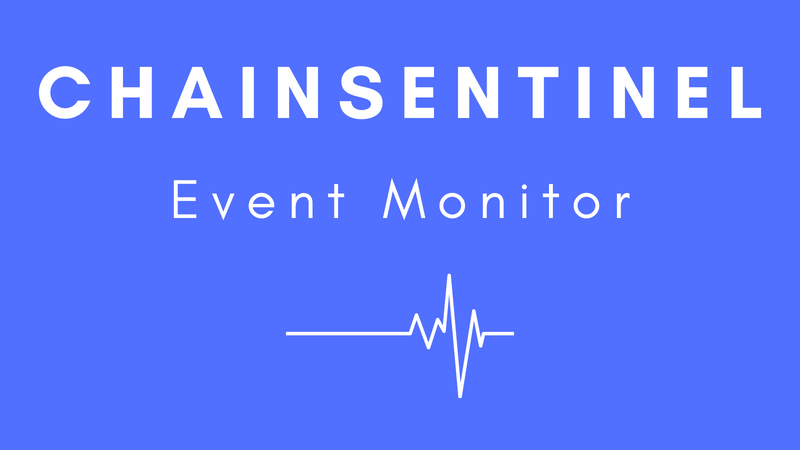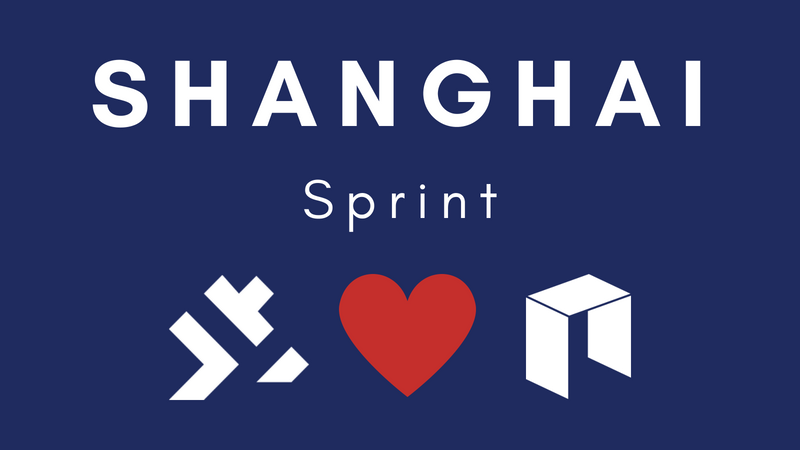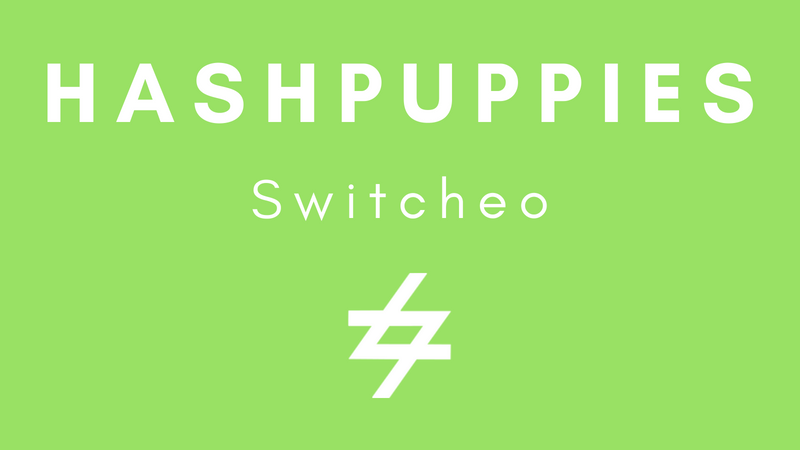
ChainSentinel is a NEO blockchain monitoring service that allows users to receive almost real-time smart contract data without needing to run and monitor their own full node. It was initially started as a Hackathon project by the Blocksmith team, a UK-based development studio that aims to use blockchain to solve real world problems and build simple, accessible blockchain enabled products.
Service Introduction
Using ChainSentinel allows websites or dApps to listen for smart contract data without needing to operate their own node; instead, they only require the ability to handle simple HTTP POST requests. For example, an entity running a shop dApp would be able to use ChainSentinel to listen for payments accepted by their smart contract, rather than needing to check the blockchain directly to gather that information.
ChainSentinel works by listening for events emitted by NEO smart contracts on both the MainNet and TestNet. These events share information such as the transaction hash or the address that called the contract. A list of NEO’s smart contract events can be found in the neo-python documentation here. ChainSentinel uses webhooks to pull the event data from any user defined NEO smart contract in almost real-time, then delivers that information to a user defined endpoint. The hooks can be created and modified at any time using the ChainSentinel dashboard. For more information on how to use ChainSentinel, Blocksmith developer Tomás Carvalho has an in-depth explanation that can be found here.
In the future, ChainSentinel aims to use websockets as an alternative to the current webhook implementation. When coupled with an API, this would allow for a frontend application to access the smart contract event data without any need for a backend endpoint. Instead, they could receive direct notifications of any events being emitted by the monitored smart contracts.
Pricing
During the Alpha stage of ChainSentinel’s development, the Blocksmith team has decided not to charge a fee to use the service. Following future improvements to the initial functionality, Blocksmith will reach out to early users for feedback on their pricing preferences. The pricing system is likely to feature a tiered design based on usage, meaning users may be charge by the number of smart contracts or events they track.
More information on ChainSentinel can be found at https://chainsentinel.co.







About The Author: Brett Rhodes
Brett is a blockchain enthusiast and freelance writer who originally began producing content for the gaming & eSports industries. Now he spends most of his time contributing in the Neo ecosystem.
More posts by Brett Rhodes